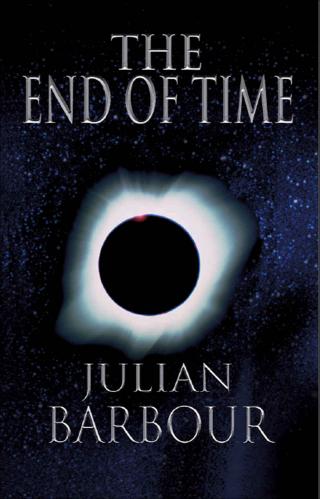
Аннотация
Two views of the world clashed at the dawn of thought. In the great debate between the earliest Greek philosophers, Heraclitus argued for perpetual change, but Parmenides maintained there was neither time nor motion. Over the ages, few thinkers have taken Parmenides seriously, but I shall argue that Heraclitan flux, depicted nowhere more dramatically than in Turner’s painting below, may well be nothing but a well-founded illusion. I shall take you to a prospect of the end of time. In fact, you see it in Turner’s painting, which is static and has not changed since he painted it. It is an illusion of flux. Modern physics is beginning to suggest that all the motions of the whole universe are a similar illusion – that in this respect Nature is an even more consummate artist than Turner. This is the story of my book.
Richard Feynman once quipped that "Time is what happens when nothing else does." But Julian Barbour disagrees: if nothing happened, if nothing changed, then time would stop. For time is nothing but change. It is change that we perceive occurring all around us, not time. Put simply, time does not exist. In this highly provocative volume, Barbour presents the basic evidence for a timeless universe, and shows why we still experience the world as intensely temporal. It is a book that strikes at the heart of modern physics. It casts doubt on Einstein's greatest contribution, the spacetime continuum, but also points to the solution of one of the great paradoxes of modern science, the chasm between classical and quantum physics. Indeed, Barbour argues that the holy grail of physicists--the unification of Einstein's general relativity with quantum mechanics--may well spell the end of time. Barbour writes with remarkable clarity as he ranges from the ancient philosophers Heraclitus and Parmenides, through the giants of science Galileo, Newton, and Einstein, to the work of the contemporary physicists John Wheeler, Roger Penrose, and Steven Hawking. Along the way he treats us to enticing glimpses of some of the mysteries of the universe, and presents intriguing ideas about multiple worlds, time travel, immortality, and, above all, the illusion of motion. The End of Time is a vibrantly written and revolutionary book. It turns our understanding of reality inside-out.
Книга является отредактированной версией ранее здесь уже выложенного файла.
![THE STORY IN A NUTSHELL
--------
Two views of the world clashed at the dawn of thought. In the great debate between the earliest Greek philosophers, Heraclitus argued for perpetual change, but Parmenides maintained there was neither time nor motion. Over the ages, few thinkers have taken Parmenides... The End of Time: The Next Revolution in Physics [calibre 2.83.0]](https://www.rulit.me/data/programs/images/the-end-of-time-the-next-revolution-in-physics-calibre-2-83_567654.jpg)


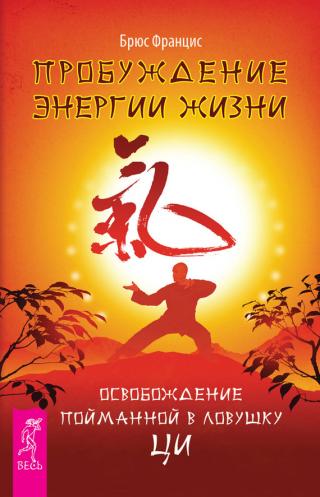
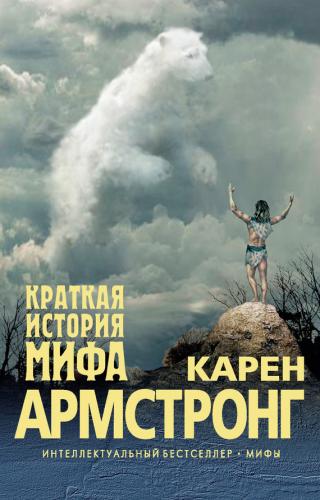
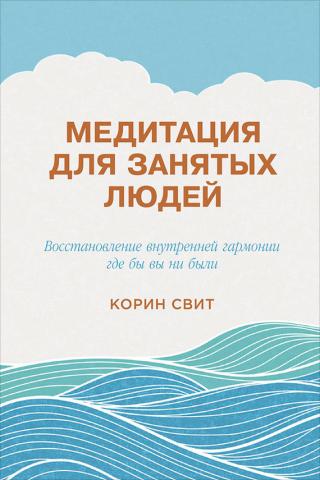
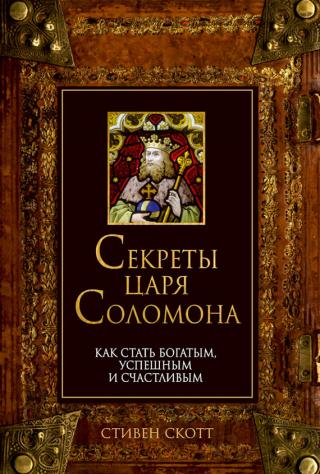
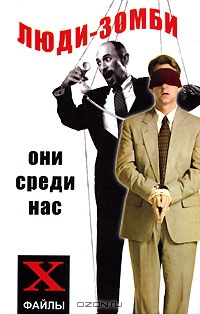
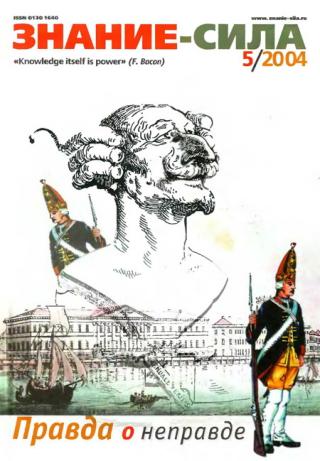
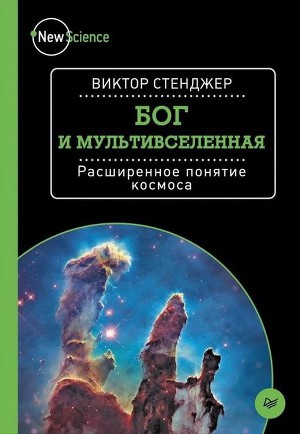
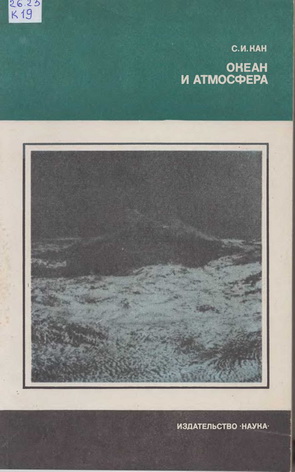
![Вы задумывались о том, почему богатство, любовь и семья часто становятся источником стресса, а не счастья? И что делать, если позитивные лозунги и законы притяжения... Антидот [Противоядие от несчастливой жизни]](https://www.rulit.me/data/programs/images/antidot-protivoyadie-ot-neschastlivoj-zhizni_352056.jpg)
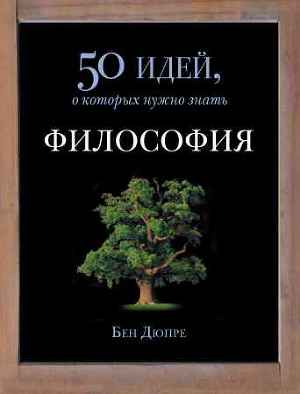
Комментарии к книге "The End of Time: The Next Revolution in Physics"